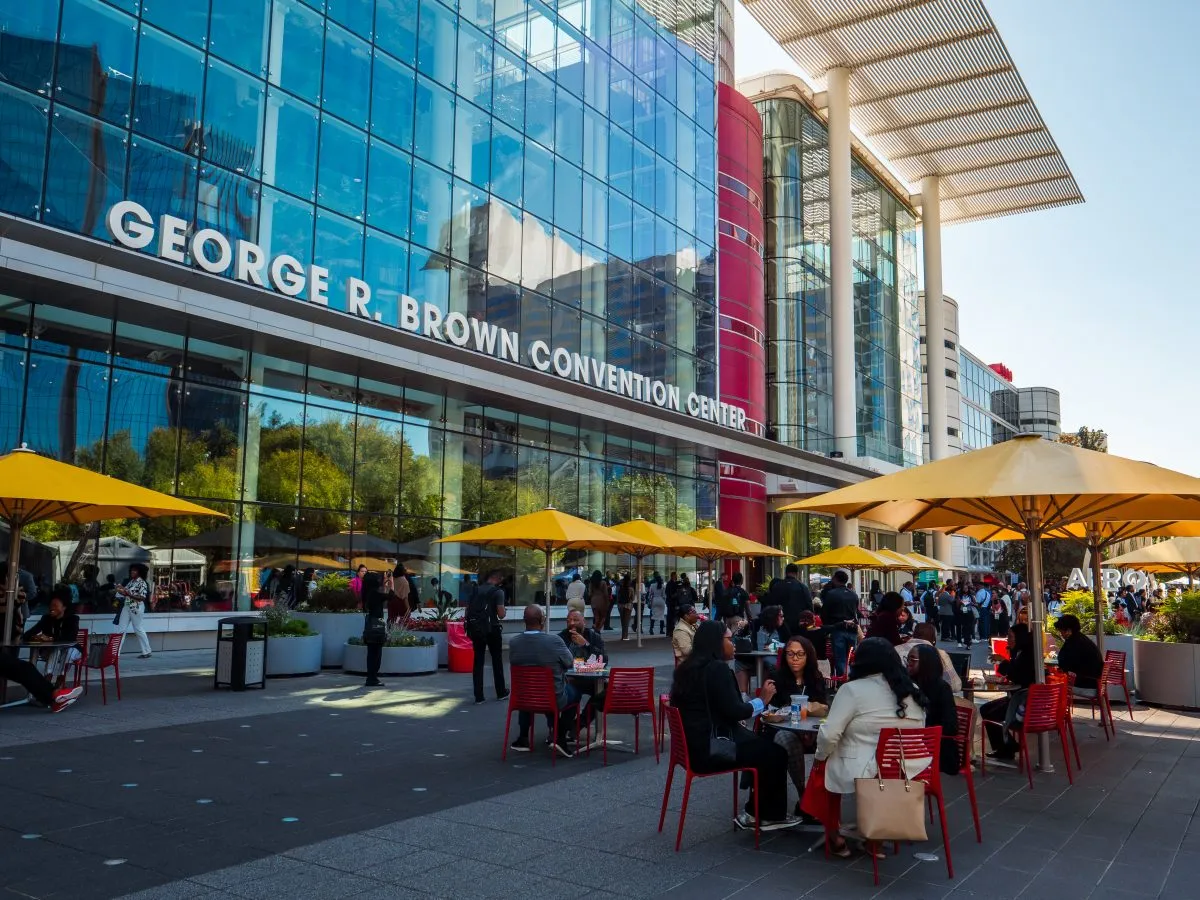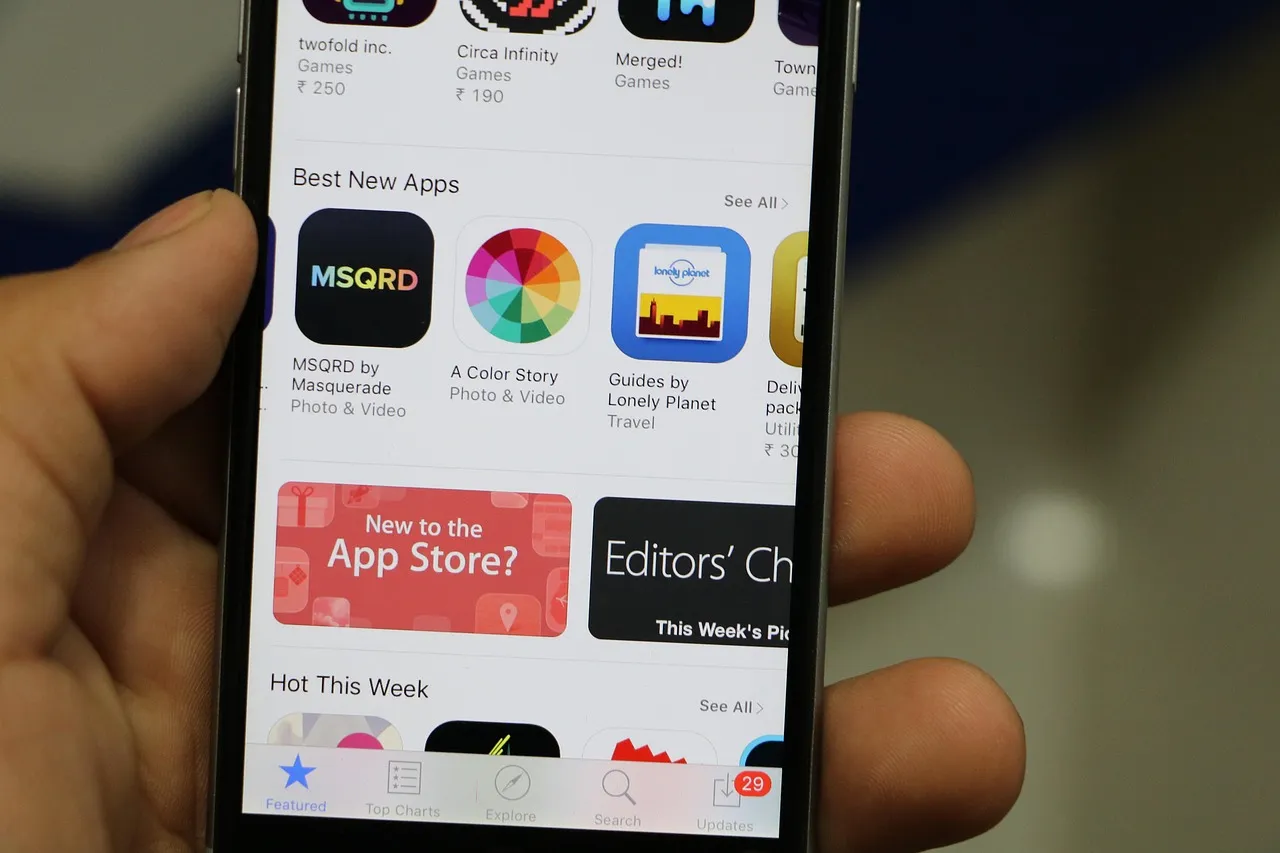What Happens When Politics and Meetings Mix

Skift Take
Polarizing politics have led to controversial bills signed into law by Florida Governor Ron DeSantis. Some civil rights organizations have enacted travel bans in response. They feel the state is hostile toward people of color, immigrants, women, and the LGBTQ+ community.
Several organizations that had planned to meet in Florida have chosen to boycott the state. They have pulled their conferences, saying they can’t gather somewhere where all their employees are not safe.
Now, planners are torn. Should politics and meetings mix? Ultimately the question is whether boycotting is the right thing to do.
The Case Against Boycotts
Some say boycotting is not the answer and hurts those who may have the same views. Although well-intentioned, they are counterproductive, says Jack Johnson, chief advocacy officer at Destinations International.
What can planners do in navigating these turbulent waters? “The way to make political change is to go there and raise money, register voters, and help fight alongside those who align with your position,” said Johnson. “Not boycotting.”
Continue with your meeting as planned, he suggests, and if there is legislation you or your attendees are not comfortable with, put your boots on the ground.
Use the meeting as a connecting place. By being on the ground, your attendees will better understand the political situation and who is in the fight. Raise money, register voters, and fight alongside those who align with your position.
This year’s DI Annual Convention was in Dallas, a blue city in Texas, a red state. What many attendees learned by being in Dallas is how welcoming the city is and that it has the US’s sixth-largest LGBTQ+ population.
Next year’s convention is in Tampa, Florida. Although there was some pushback, they are going ahead with the gathering and will have opportunities for members to engage.
Zooming Out on Bigger Issues
"It's not a matter of banning or boycotting, but rather one of understanding and education," stated Gary Murakami, vice president of sales and industry relations, Teneo Hospitality Group. He further drew attention to the fact that Asian American/Native Hawaiian/Pacific Islander (AANHPI) attendees, sponsors, partners, and hospitality workers often remain unnoticed in efforts to combat racist-related hate and violence. He stressed the imperative of guaranteeing their safety in addition to other marginalized groups in the selected destination.
The bottom line is one’s experience with safety and security will determine the conference's success. What some need to realize is inclusion benefits all. “Equity is no longer a nice to have — it is a must-have, and that includes all marginalized groups,” said David Jeffreys, founder of the LGBT Meeting Professionals Association.





